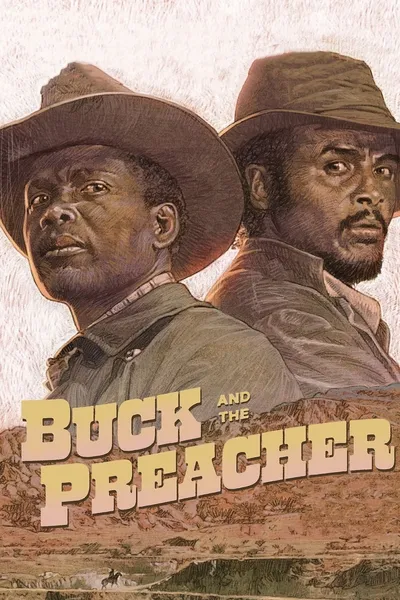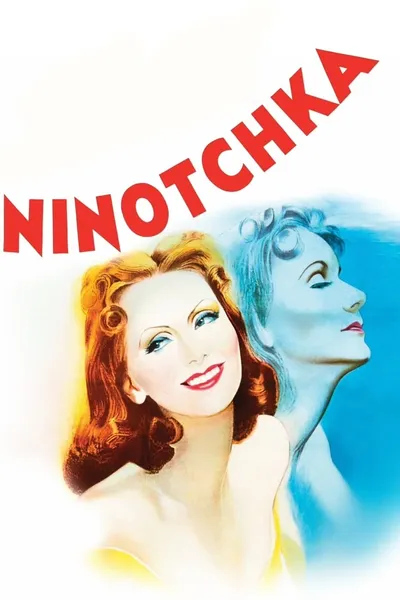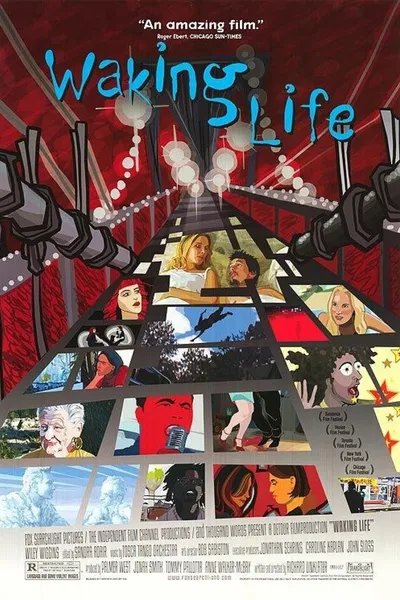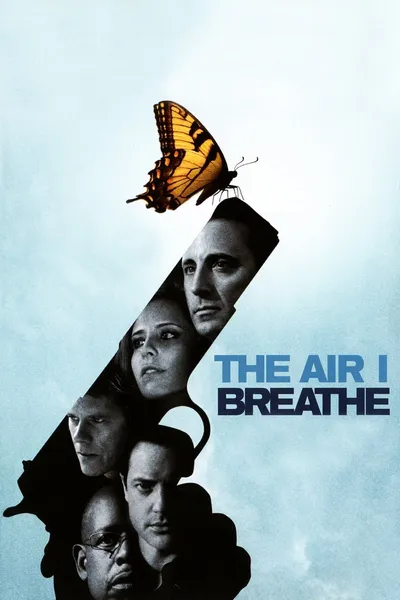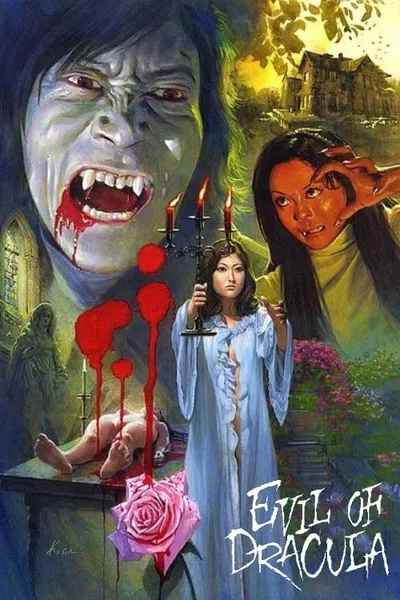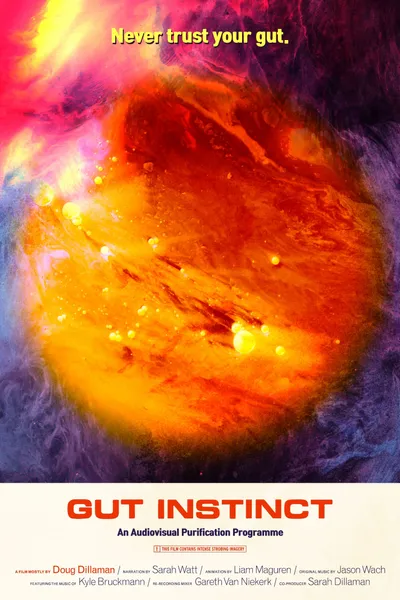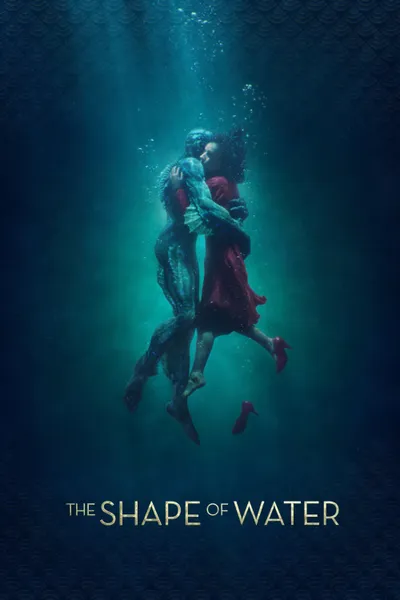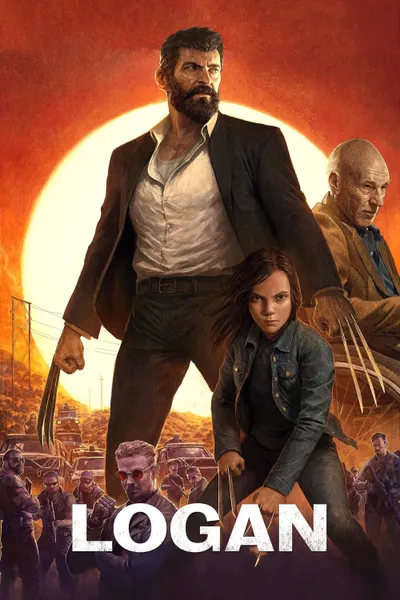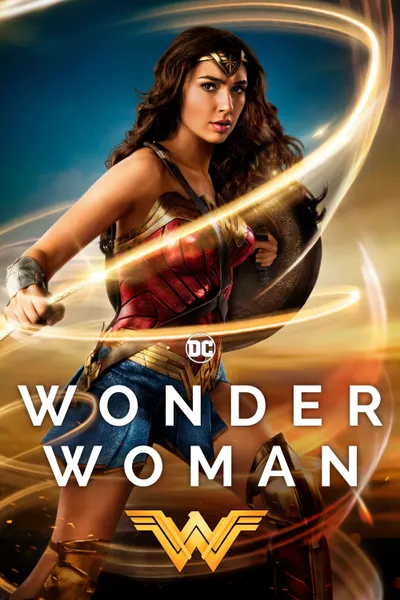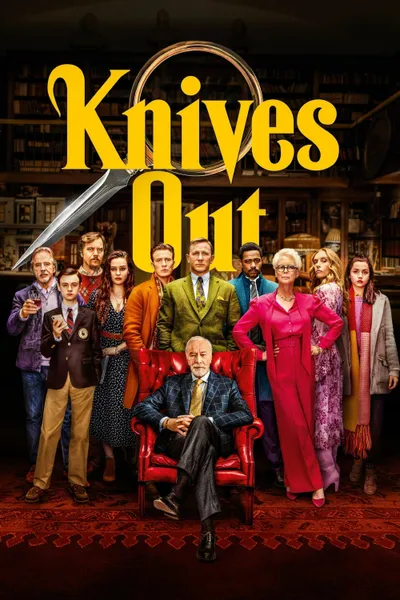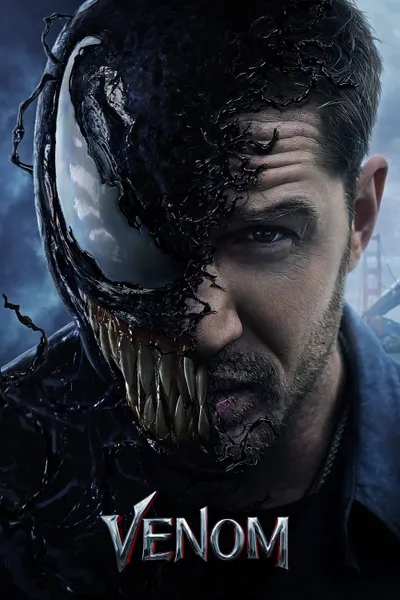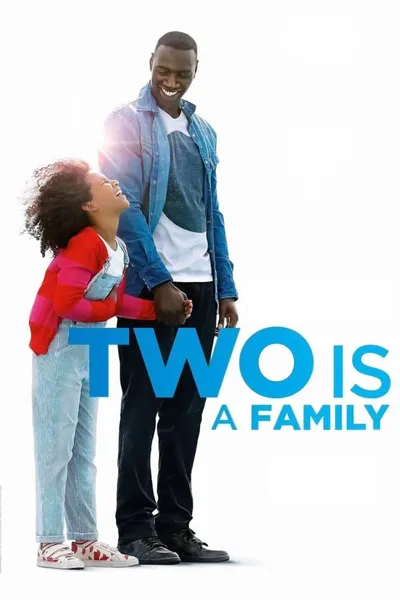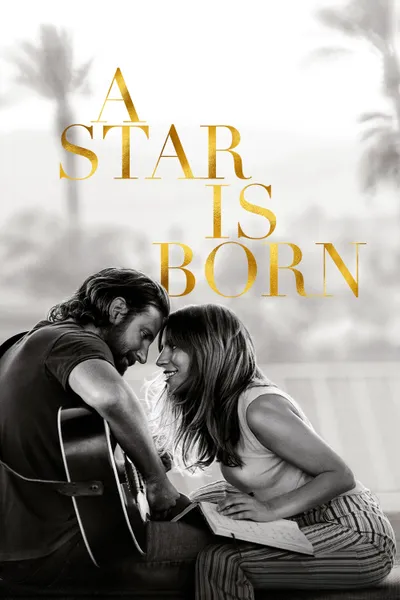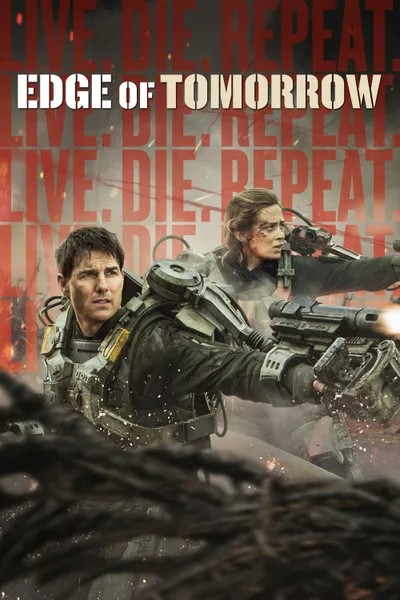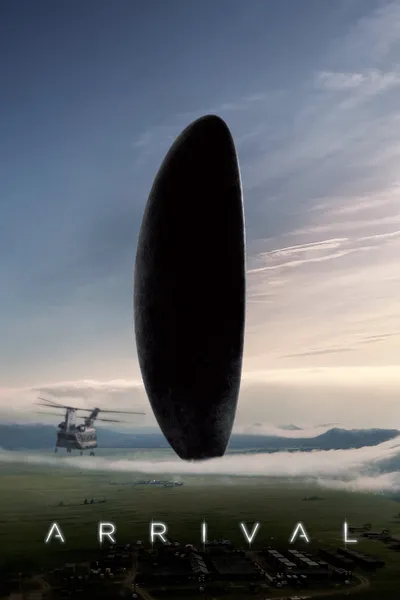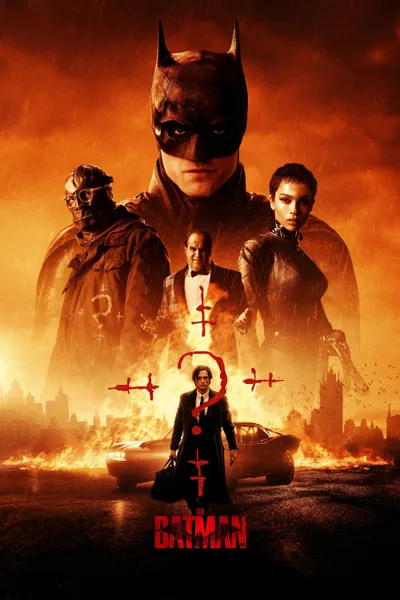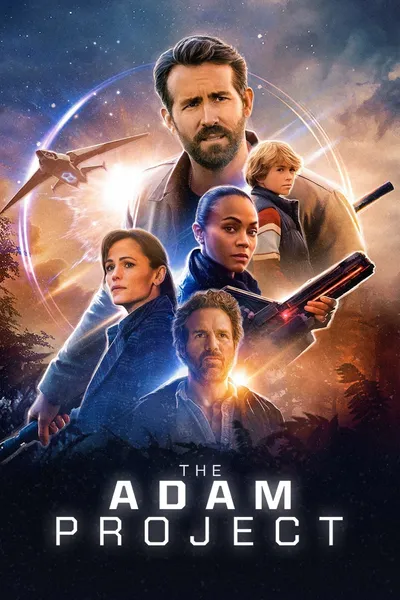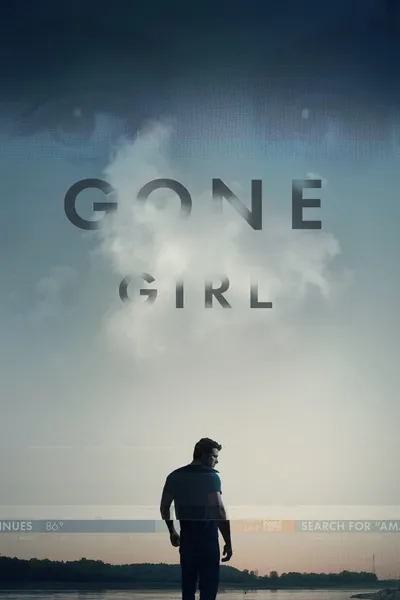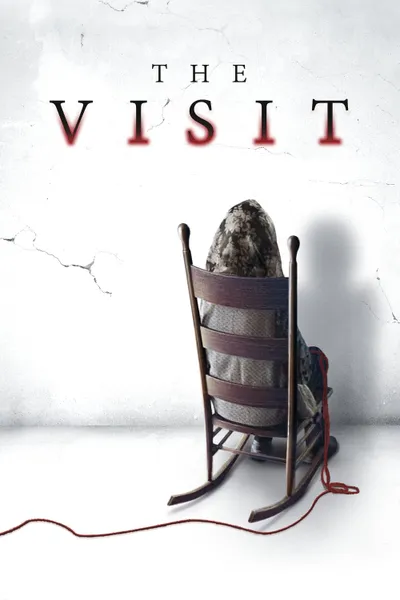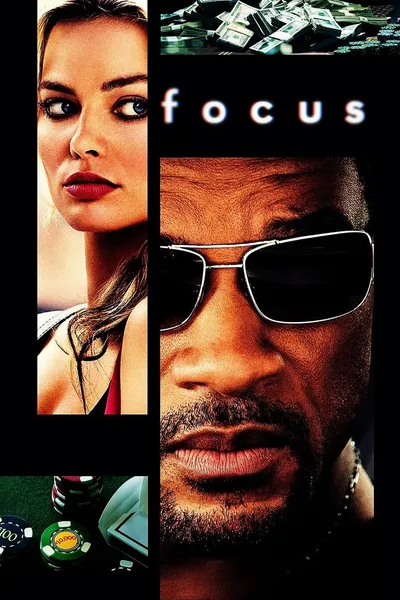Reviews


John Chard
February 18, 20176.0
This ain't Louisiana. Now you walk soft in my town.
*** This review may contain spoilers ***
Buck and the Preacher is directed by, and stars, Sidney Poitier. It's written by Ernest Kinoy and Drake Walker and joining Poitier in the cast are Harry Belafonte, Ruby Dee and Cameron Miller. Music is by Benny Carter, with notable contributions from Sonny Terry and Brownie McGhee, and cinematography is by Alex Phillips Jr.
The Civil War was over and by law the slaves were freed. But when the promise of land and freedom was not honoured, many ex-slaves journeyed out of the land of bondage in search of new frontiers where they could be free at last.
They placed their hopes in the hands of the few wagon masters that knew the territories of the West.
None of this came easy, for not only did they have to overcome a hostile wilderness, but night-riders and bounty hunters were hired by "persons unknown" to hunt them down and turn them back to to the fields.
This picture is dedicated to those men, women and children who lie in graves as unmarked as their place in history.
Quite an opening statement that, a real attention grabber, then the throat grabbing ups still further as we land in a camp of African Americans, freed from slavery, ready to travel West for a better life. This harmony is shattered by the arrival of a night-rider gang led by DeShay (Miller), who promptly murder anyone who moves, not even the swine and poultry are spared. As the camp burns and the distaste in the throat refuses to leave, we feel we are in for something special with Poitier's directing debut, a peek at a part of history rarely shown in the movies.
Sadly the film never hits these heights again....
In some ways it feels like kicking a man when he is down, for Buck and the Preacher is well directed, very well acted, expertly photographed by Phillips (Durango, Mexico and Kenya standing in for Kansas Territory) and features a very untraditional, but pleasing, score by jazz man Carter and blues men Terry & McGhee. But Kinoy (Roots) and Walker have failed Poitier in the writing, badly trying to blend off beat comedy with serious racial thematics, while what little action takes place after that barn storming opening, starts to feel off kilter with the slow pace of the picture.
Such a shame, I mean who better to direct and star in such a thematically potent piece than the graceful Poitier? With Belafonte providing great chemistry as well, whilst gleefully stealing the film from his more illustrious acting brother, there's still much for the Western fan to feast on here. There's the unusual but much appreciated sight of the Indians painted as saviours, a dignified and intelligent race riding in cavalry style, the chief (Enrique Lucero) negotiating with Buck (Poitier) like a royal master of his creed. But this ultimately ends up as not being all that it should be.
I'd urge Western fans to see it, but I can't guarantee you wont be frustrated come the end credits. 6/10

CinemaSerf
March 29, 20236.0
With their emancipation guaranteed by the Union victory in the American civil war, groups of former slaves are encouraged by the state to head west and develop and cultivate the land. Ex-bluecoat "Buck" (Sidney Poitier) sets himself up as a wagon-master for these would-be emigrants. For a modest fee, he agrees to show them the way and guarantee their safety. Now there are those who don't much like this relocation plan, and the "DeShay" gang are employed by the southern cotton farmers to try to ensure that their erstwhile property never survive the trip. It's one such altercation that sees "Buck" - trying to stay alive - swap horses with a preacher (Harry Belafonte) who just happened to be bathing in a stream nearby. The gang now follow the wrong horse only for their leader (Cameron Mitchell) to convince the preacher that he will pay him $500 for "Buck" and that it'd be in his interests to help send the slaves back to their former masters, too. Swiftly, he sets off on the trail of his quarry, but when he realises that "Buck" is actually quite a decent soul who genuinely wants to help his clients achieve their new opportunities without upsetting the balance between the native Indians and the buffalo, the two decide to unite and plan their own form of revenge. The thing has a degree of predictability about it that rather drags it down, even if the story does highlight the fact that victory in war wasn't necessarily a victory for freedom. The cinematography is grand and there is plenty of action, but somehow the film just never caught fire for me. Neither man came across as especially convincing and Mitchell just underwhelmed as a baddie. I suppose the days of the Western as a genre were coming to an end and though the underlying message of continuing fear and exploitation is clear and important, the film itself, despite quite an entertaining denouement, is maybe trying a bit too hard.
Recommendation Movies
Ninotchka1939
Waking Life2001
The Air I Breathe2007
Evil of Dracula1974
Gut Instinct2024
The Shape of Water2017
Logan2017
Wonder Woman2017
Your Name.2016
Knives Out2019
Venom2018
Two Is a Family2016
A Star Is Born2018
Edge of Tomorrow2014
Arrival2016
The Batman2022
The Adam Project2022
Gone Girl2014
The Visit2015
Focus2015
© 2025 MoovieTime. All rights reserved.Made with Nuxt
